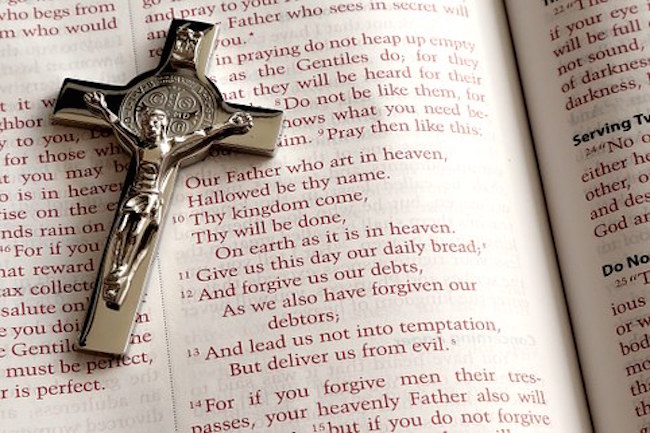Where Does Evangelism Fit on Sunday Morning? by Michael Keller for The Gospel Coalition
There is an active debate about the role evangelism should play in Sunday worship services. On any given Sunday should we assume our audience are believers or nonbelievers?
First Corinthians 14:23–25 indicates that both groups were present in early church services. Most in the congregation were believers gathered for worship. Nevertheless, Paul proposes that the Christians conduct themselves such that nonbelievers aren’t unnecessarily put off (concluding Christians are “out of their minds,” v. 23) and can hear the good news and be convicted by it (saying “God is really among you,” v. 25).
This doesn’t mean all elements in worship have to be perfectly understandable to unbelievers. That would create a concert or a talk show, not a worship service. Songs and hymns praising the Trinity will be challenging to nonbelievers, and the Lord’s Supper will be mysterious as well.
Preaching that assumes the radical nature of sin and the free grace of Jesus will be most difficult of all, since the gospel is always offensive to “the natural man” (1 Cor. 2:14). The nonbeliever will find much of Christian worship foreign no matter how it’s presented. Paul is not, then, asking us to remove the necessarily scandalous aspects of the gospel. Rather, he is calling us to contextualize the worship service so all unnecessary confusion and offensiveness is removed.
Just as Jesus reminds the Pharisees not to elevate tradition to the level of sanctity (Mark 7:8–9), we too should be careful not idolize our favorite worship practices at the cost of excluding those who desperately need to hear the good news. Instead, in the words of Psalm 105 we, “Give thanks to the LORD; call upon his name; make known his deeds among the peoples!”
How should we do this? The verse continues, “Sing to him, sing praises to him; tell of all his wondrous works!” In other words, in observing our worship nonbelievers will see who God really is. Edmund Clowney called this “doxological evangelism.”
General Practices, Not Rigid Rituals
The Bible does not give us a rigid model for our worship services, but it does give us general practices of praise, lament, confession, conviction, and convocation. We are, therefore, to create worship spaces where these practices can be performed to edify both believers and also nonbelievers.




